Horn of Africa
The United Nations is appealing for a full $7 billion in funding ahead of the upcoming UN Horn of Africa Pledging Conference scheduled to start later this week.
Even though there was no famine declared in the region, the International Rescue Committee along with the UN is saying the appeal is necessary to help communities struggling to survive in Kenya, Somalia and Ethiopia.
"What we would want to see these resources being used for and what we would want to use them for, is to promote and to find ways in which we can promote pastoral or agro-pastoral livelihoods which is adapted to the climate change that we are seeing, which is adapted to the change in their environment. We also want to see a lot more resources going into building community resilience, in building community infrastructure, in building social resilience for communities themselves to be able to cope with these droughts and the longevity of droughts much better than they are able to today," explains Shashwat Saraf, Regional Emergency Director, International Rescue Committee.
These communities are facing the worst drought in 40 years, with more than 43.3 million people in need of assistance and more than half of those lacking access to sufficient food.
The United States announced at a U.N. conference on Wednesday in the region in 40 years — and the need for more than $5 billion.
Malnutrition rates in Somalia doubled and the drought is believed to have destroyed millions of livestock, a major source of livelihoods for people living in the region.
The International Rescue Committee said that until now the appeals have received less than a quarter of the donations they need.
Wednesday, the United States announced nearly $524 million in additional humanitarian aid for the region aiming to put a spotlight on the extreme effects of climate change and the drought.
"We are able to ensure that the money is going to the communities, the money is going for drilling or rehabilitating the boreholes, the money is going for cash transfers directly in the hands of the populations that are affected, the money is going for treatment of the child that is severely acutely malnourished. What we also ensure is to have robust systems of community feedback and community complaint mechanisms which will ensure that the community can hold us accountable to the money that we are raising and the way we are working with the communities to meet their needs," adds Shashwat Saraf.
The $7 billion aid is expected to help provide new innovative ways to avert future crisis in the regions and assist local communities to be resilient in the face of droughts in the future.




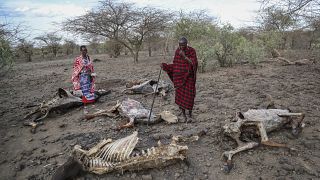
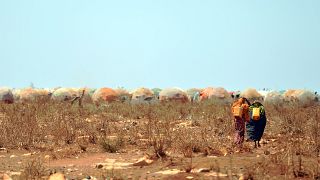
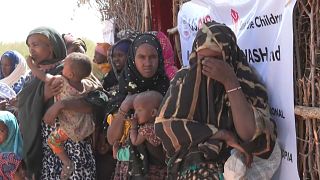
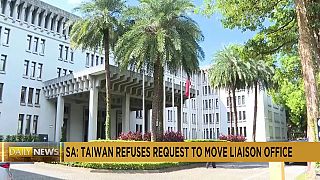
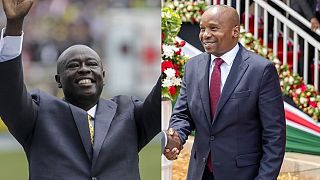
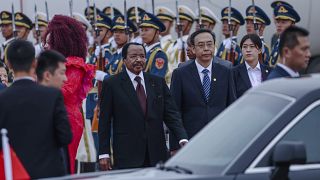
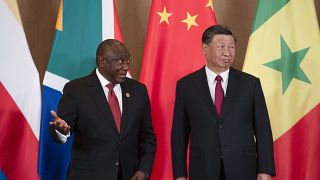
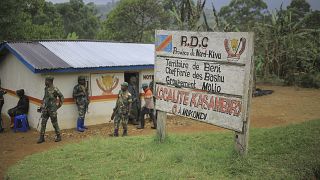
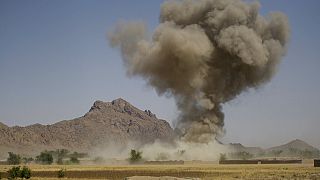
01:05
Aid dropped over Gaza as Israel-Hamas war continues
01:26
UN: Southern Africa faces worst hunger crisis in decades due to El Niño
01:00
Pics of the day: October 15, 2024
01:00
Pics of the day: October 14, 2024
01:36
World's rivers experience driest year in over 3 decades
01:45
Mauritius: UK hands back sovereignty over Chagos Islands